Six common plants that might do a body good
- Share via
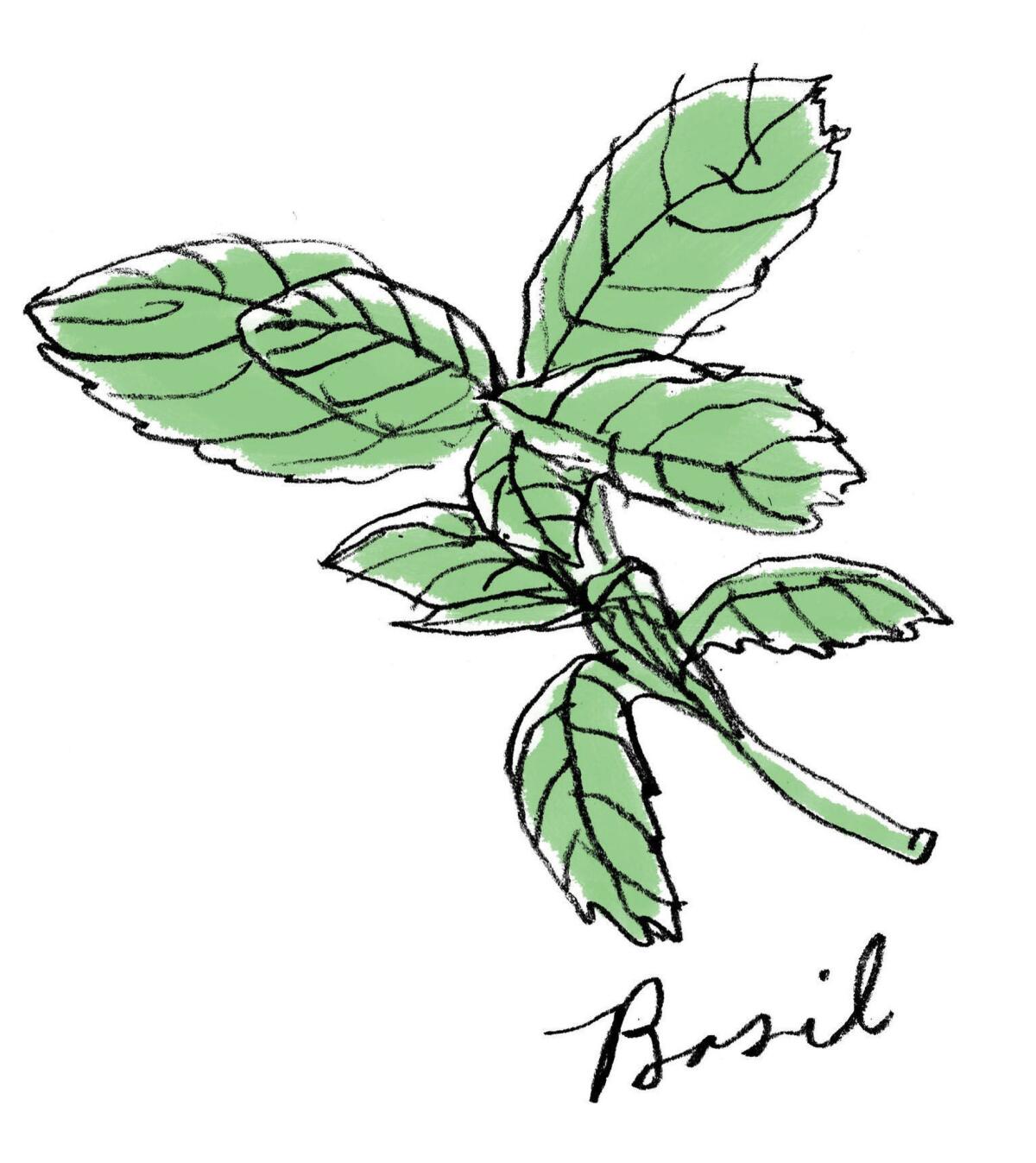
Basil
Basil is the anti-inflammatory rock star of herbs. Not only is it one of the oldest cultivated herbs, dating back 5,000 years in India, but it's also the most versatile, fragrant and tasty of our garden herbs. The active ingredients, called volatile oils, are what give basil its strong flavor and aroma, and they're rich in the antioxidants and phytochemicals that modern science has found can heal and prevent disease.
A component of basil called eugenol inhibits the activity of an enzyme in the body that over-the-counter anti-inflammatories, such as aspirin and ibuprofen, also block. Two forms of basil used in Ayurvedic medicine, holy basil and hoary basil, were scientifically shown to reduce acute inflammation and swelling. The more common variety, sweet basil, has eugenol in lower levels,
Basil is a good source of vitamin A and magnesium.
Also good for: Diabetes. Promising human studies (mostly done in India using holy basil) are showing that basil could help diabetics manage blood sugar levels.
Be careful if: You are pregnant, except for culinary use. And be aware that any plant might cause an allergic reaction.
MORE: Growing herbs, for a healthy body, mind and spirit
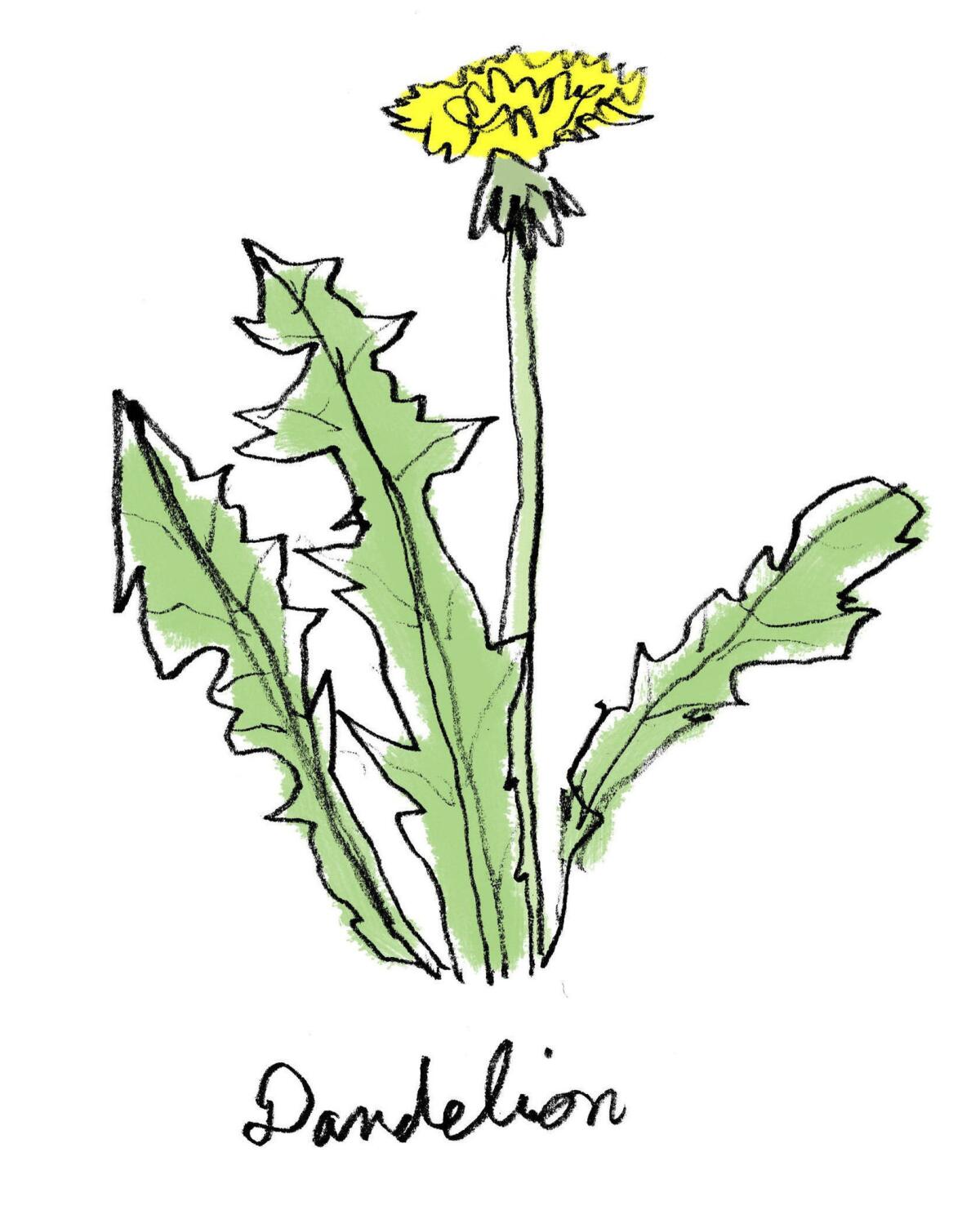
Dandelion
Canadian herbalist Nancy Smithers said we all should give the lowly dandelion more respect.
"Dandelions have a ton of healing properties. The flowers are rich in lutein, which is great for your eyes," said Smithers. The leaves can be applied externally to heal wounds and also act as a diuretic.
Young dandelion greens can be used in salads, are rich in antioxidants, iron, and vitamin K. One of the best ways to take dandelion is as a tea.
Also good for: The common weed has been used traditionally for premenstrual syndrome and shows promise as a painkiller. So, go ahead and pull those dandelions, but try tossing them in your salad instead of in the green bin.
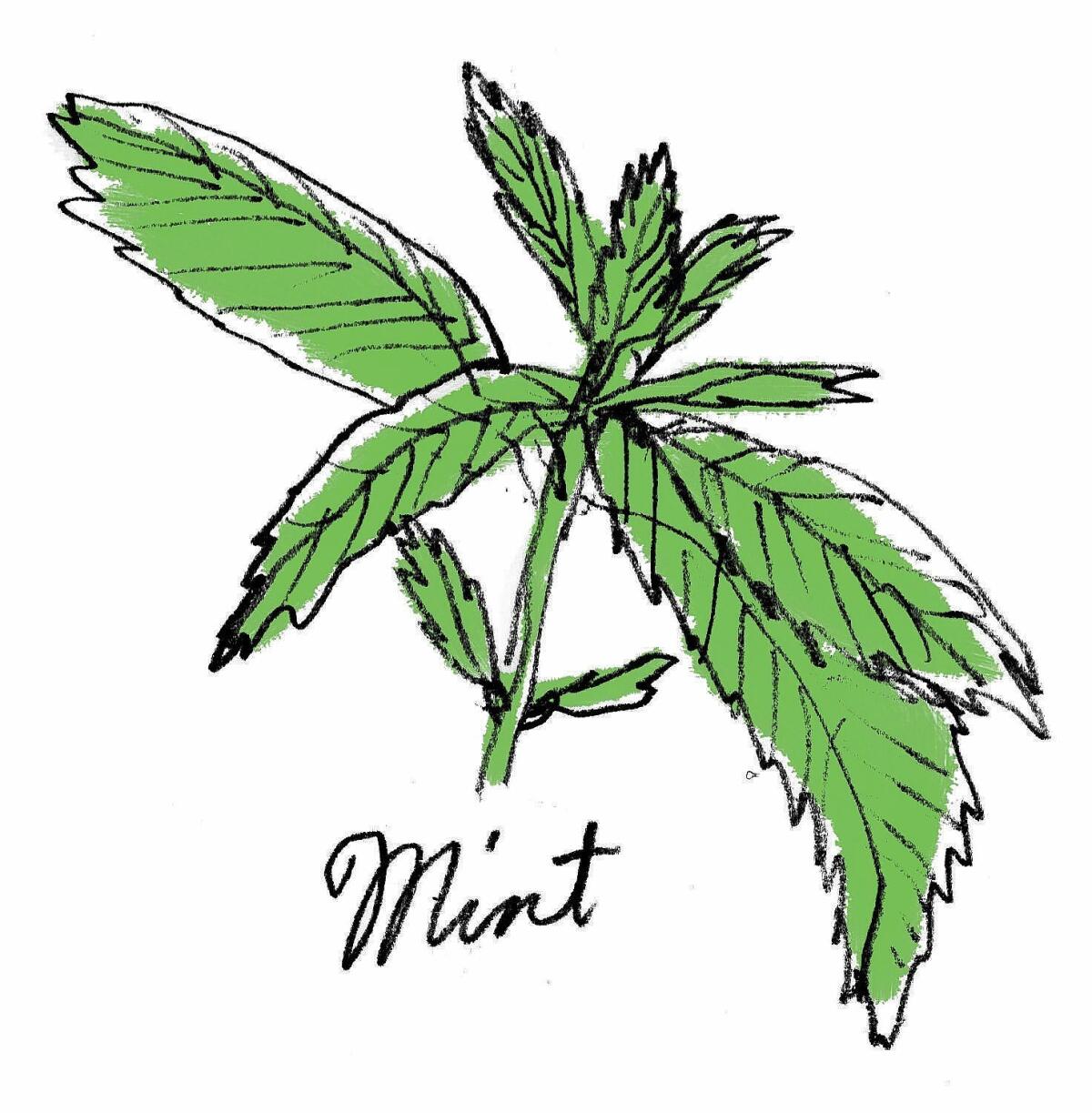
Mint
There's more than one good reason for an after-dinner mint. In addition to sweetening your breath, the menthol in peppermint leaves relaxes the "smooth" muscles of the stomach and intestines, allowing better and more effective digestion. Numerous studies have found that peppermint in various forms, including tea, significantly squelches the pain, gas and constipation of indigestion. Healing effects come from the oil in the leaves.
Peppermint is rich in antioxidants, manganese, copper and vitamin C.
Also good for: Cold and flu symptoms. The menthol in peppermint is the very same stuff used in chest rubs (think Vick's VapoRub), which is why peppermint tea feels soothing when you have a cold. It's also good for tension headaches. One small study found that spreading a 10% peppermint oil solution over the temples three times in 30 minutes was as effective as acetaminophen, while a placebo solution did nothing.
Be careful if: You have heartburn or gastroesophegeal reflux disease. Since peppermint relaxes the muscles of the esophagus, it could make your problems worse by relaxing the sphincter and allowing stomach acid back into the esophagus.
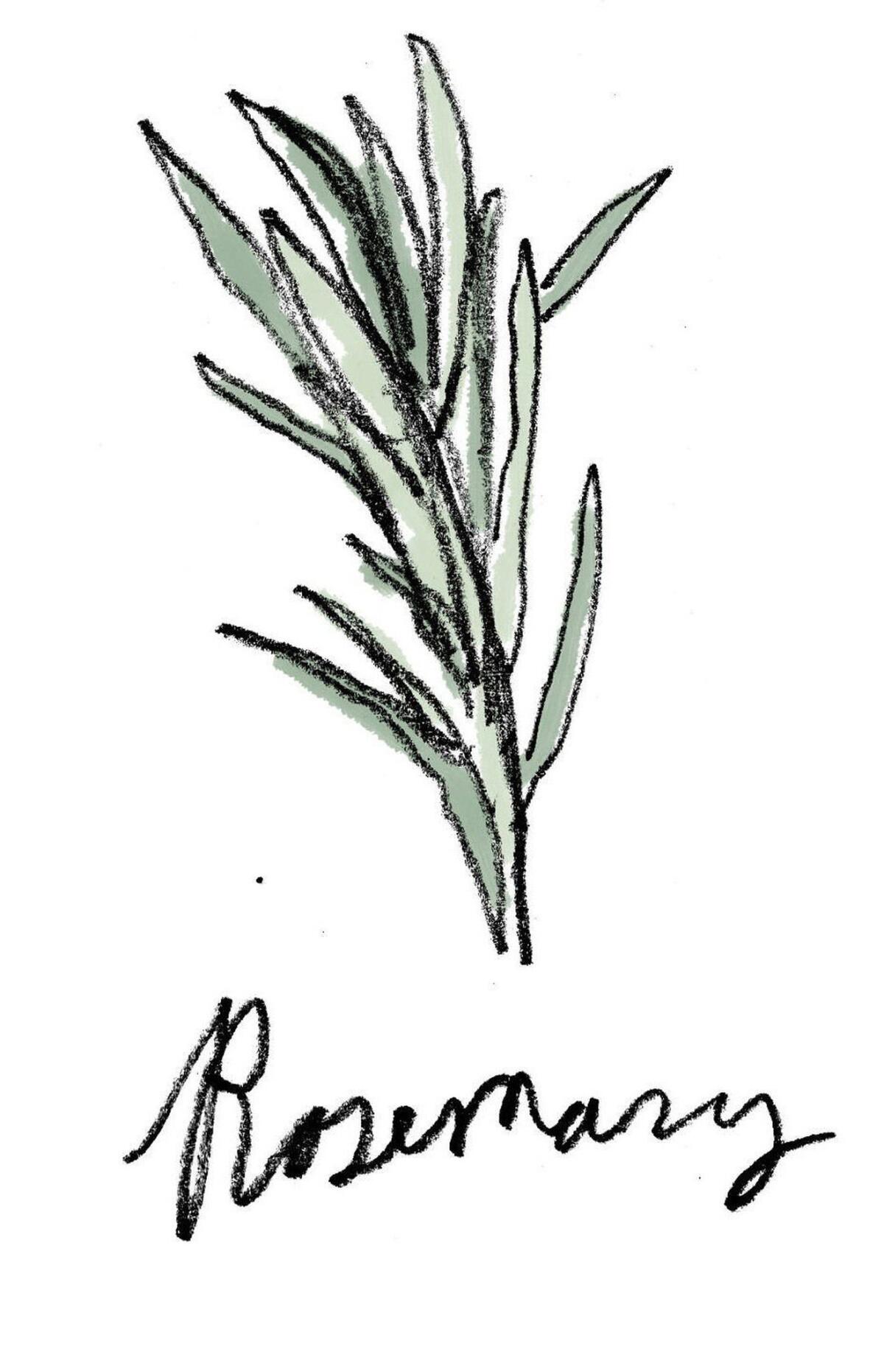
Rosemary
Rosemary has been entangled with memory for so long that even Shakespeare's Hamlet got a sprig from Ophelia "for remembrance." Science has since stepped up to show that the gift was a good move: Research has found that the mere smell of rosemary may improve cognition (the ability to use bits of information rapidly) and short-term memory.
Rosemary oil also can boost your mood and reduce anxiety, according to Mark Blumenthal of the American Botanical Council. "These little leaves are also packed with nutrients. Nearly a day's worth of vitamin A is packed into 100 grams of fresh rosemary, and it's rich in fiber, vitamins C and B6, calcium and iron.
Also good for: Making grilled foods healthier. A 2012 study published in the journal Food Chemistry reported that a marinade made with rosemary significantly prevented formation of compounds called heterocyclic amines, shown to cause cancer. And rosemary leaf supplements are used widely in Europe for dyspepsia.
Be careful if: You are pregnant or nursing. Avoid rosemary supplements or tincture/oil, but culinary use is OK.
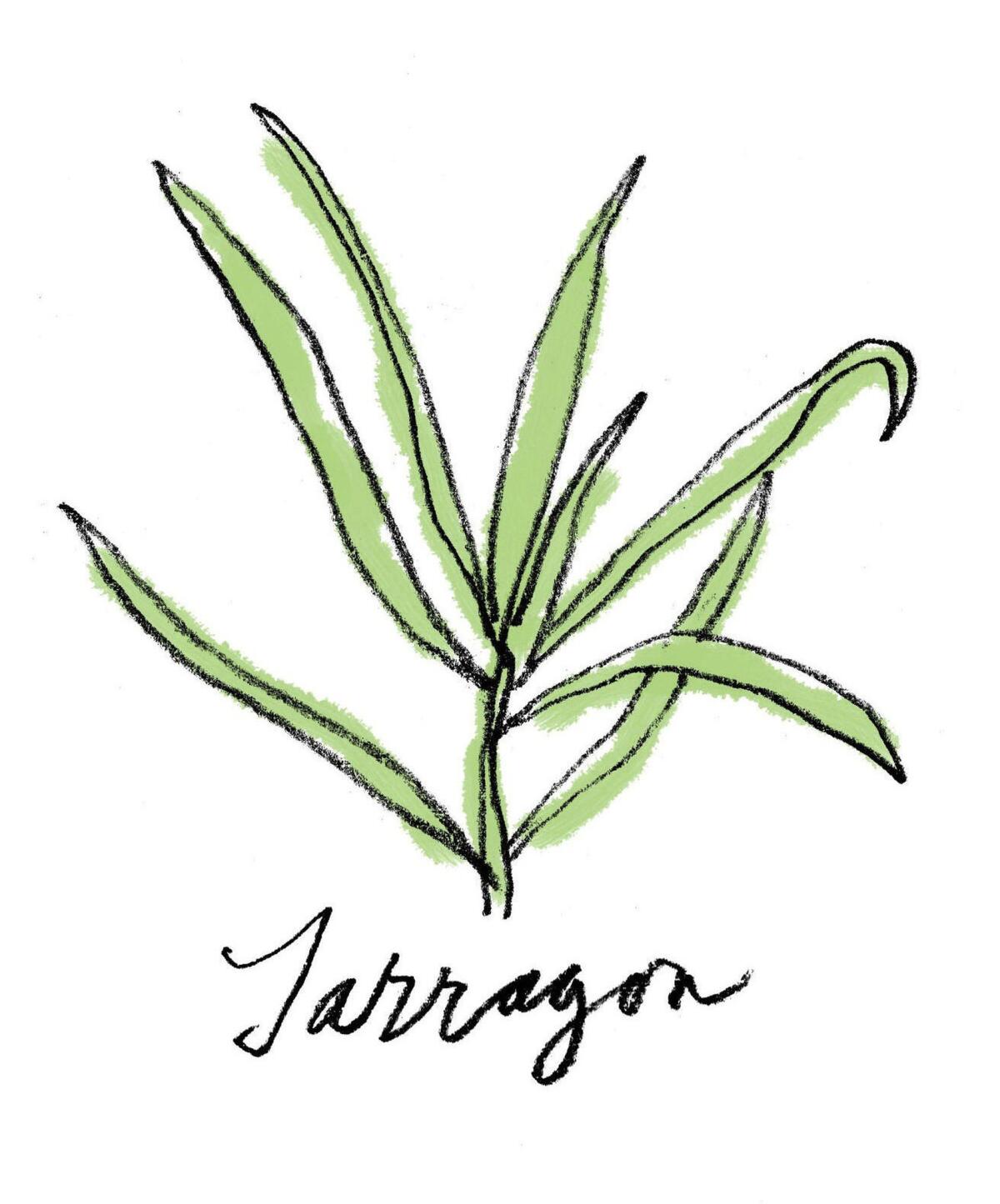
Tarragon
Tarragon is a staple of French cooking. Folk medicine has prescribed chewing the leaves for a toothache and to fight infection. Recent research is finding that tarragon may help manage diabetes and be useful in the treatment of varicose veins and hemorrhoids.
Tarragon is best used fresh, before the volatile oils dry. The most healing variety is Russian tarragon; French has the most flavor. The volatile oil eugenol gives tarragon a pain-numbing action, hence its use for toothache; eugenol is also found in clove oil.
Tarragon is high in iron and antioxidants.
Also good for: Diabetes, perhaps. Animal studies done in 2011 at Rutgers University found significant improvement in diabetic symptoms, and there is an ongoing National Institutes of Health human study at Pennington Biomedical Research Center in Baton Rouge, La.
Be careful if: You are pregnant, except for culinary use.
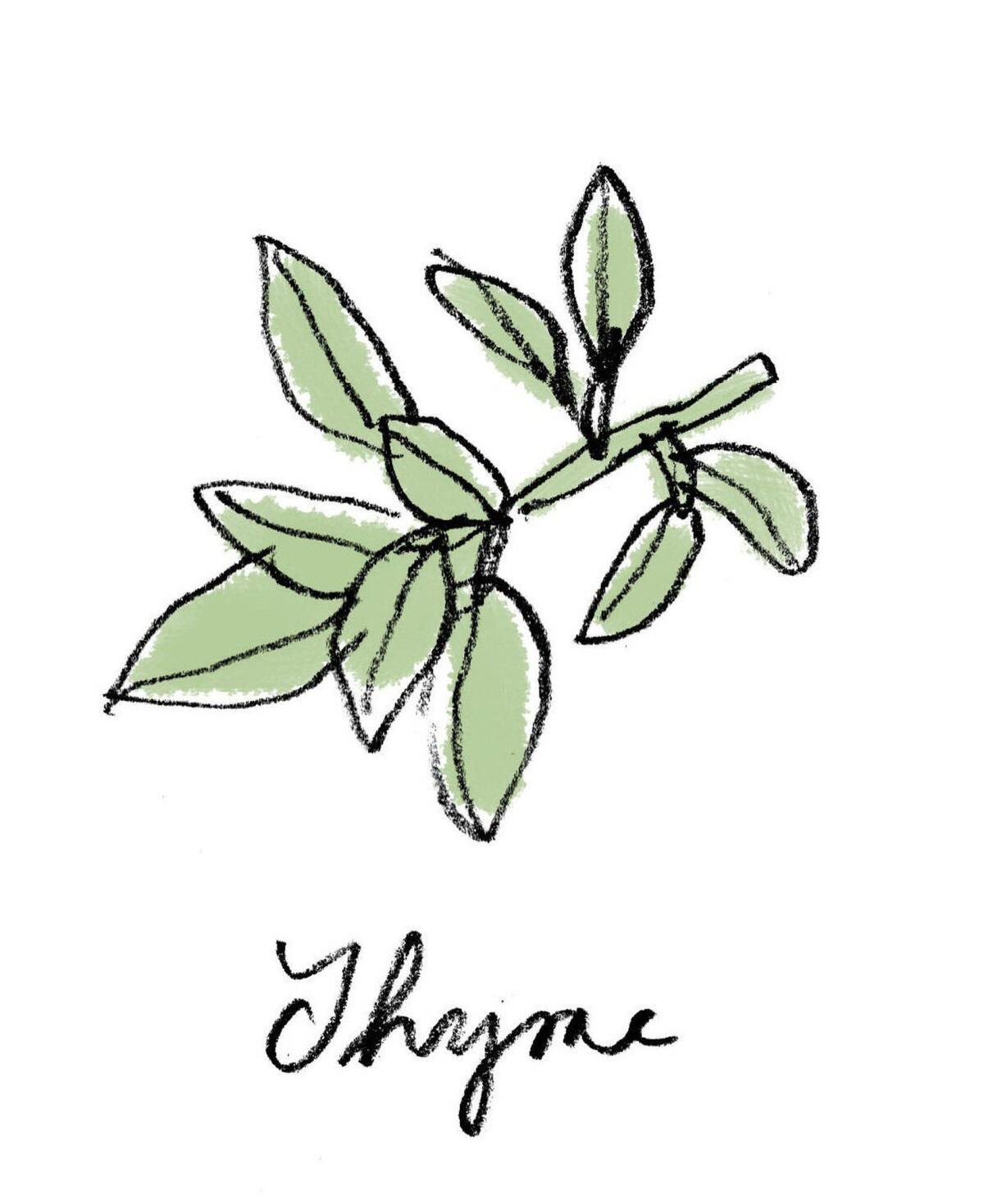
Thyme
Thyme really is on your side: Traditionally used as an antiseptic, thyme contains thymol oil, used in modern-day mouthwash (including Listerine). In Germany, thyme tea is approved by the equivalent of the Food and Drug Administration as a treatment for upper respiratory infections including bronchitis and whooping cough. Make a cough suppressant by steeping four fresh thyme sprigs in one cup of boiling water for 15 minutes. Strain and add ¼ cup of honey and the juice of a lemon. Take 1 to 2 tablespoons every 3 to 4 hours.
Also good for: The antibacterial effect of thyme can also tame acne; in fact, in lab tests a tincture of thyme worked better against acne-causing bacteria than benzoyl peroxide, the active ingredient in many commercial acne products. Thymol may even help fight toenail fungus.
Fresh thyme is a good source of vitamins C and A, and iron and maganese.
Be careful if: You're pregnant or breastfeeding. Avoid using it medicinally, but using it as a spice is fine. Also be cautious if you are allergic to mint.
More on healing herbs:
Growing herbs, for a healthy body, mind and spirit



